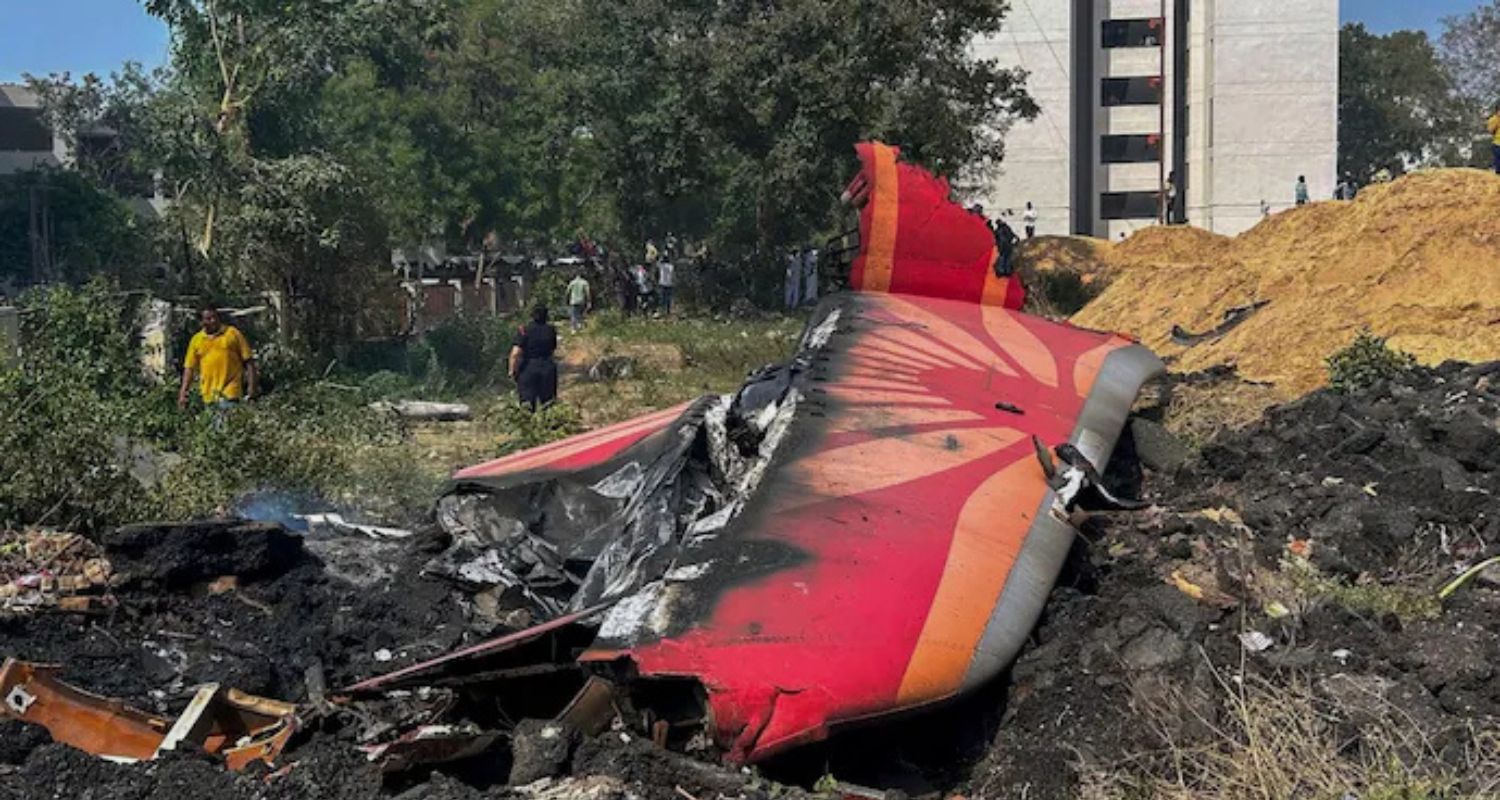A high-level meeting of Parliament’s Public Accounts Committee (PAC) is set to take place on Tuesday, where top brass from the Ministry of Civil Aviation will face questions not only about the recent Air India Flight AI-171 tragedy but also broader issues surrounding aviation safety and fee regulations at Indian airports.
Among those summoned to appear before the committee are the Civil Aviation Secretary and officials from the Directorate General of Civil Aviation (DGCA). While the meeting’s scheduled focus is on how passenger fees, airline charges, and tariffs are determined and monitored in public aviation infrastructure, sources say the devastating AI-171 crash in Ahmedabad will inevitably come up during the discussions.

The fatal incident on June 12 left the nation in shock. Air India’s London-bound Boeing 787-8 Dreamliner—Flight AI-171—crashed moments after takeoff from Ahmedabad’s Sardar Vallabhbhai Patel International Airport. The aircraft veered off course and collided with a hostel building on the campus of BJ Medical College, killing 241 of the 242 people on board. Among the victims was former Gujarat Chief Minister Vijay Rupani, whose presence on the flight added to the gravity of the disaster.
In the aftermath, the Ministry of Civil Aviation extended full support to the Aircraft Accident Investigation Bureau (AAIB), which has launched a detailed, multi-agency probe. The AAIB’s lab in New Delhi is now leading the investigation, using advanced technology to retrieve and analyse crucial data from the aircraft’s black boxes.
By June 25, officials confirmed they had successfully accessed the crash-protection memory module from one of the flight recorders. A specially calibrated ‘golden chassis’—a duplicate housing—was used to ensure data integrity before full retrieval. Experts from the Indian Air Force, Hindustan Aeronautics Limited (HAL), and the US-based National Transportation Safety Board (NTSB) have joined Indian investigators. Boeing, engine manufacturer GE, aviation medicine specialists, and Air Traffic Control experts are also actively involved.
Also Read: Air India crash probe breakthrough as black box data retrieved
The investigation is being conducted under stringent international protocols, specifically those laid out by the International Civil Aviation Organization (ICAO) in Annex 13, along with India’s own Aircraft (Investigation of Accidents and Incidents) Rules, 2017. In a first for India, black box data is being decoded entirely within the country—an achievement that officials are calling a “significant milestone” in the evolution of India's aviation safety systems.
Meanwhile, the Civil Hospital in Ahmedabad confirmed that all 260 bodies—including passengers and non-passenger personnel—have been identified and returned to families. “A total of 254 were identified using DNA testing and six through facial recognition,” said Dr. Rakesh Joshi, Medical Superintendent of the hospital. He clarified that 241 victims were passengers, while the remaining 19 were non-passenger personnel such as crew and ground staff.
As the PAC prepares to scrutinise not only this tragedy but also the systemic challenges facing India’s aviation sector, families of the victims—and a concerned nation—await both answers and accountability.
Also Read: AI 171 crash: Air India denies forcing kin to prove dependency


